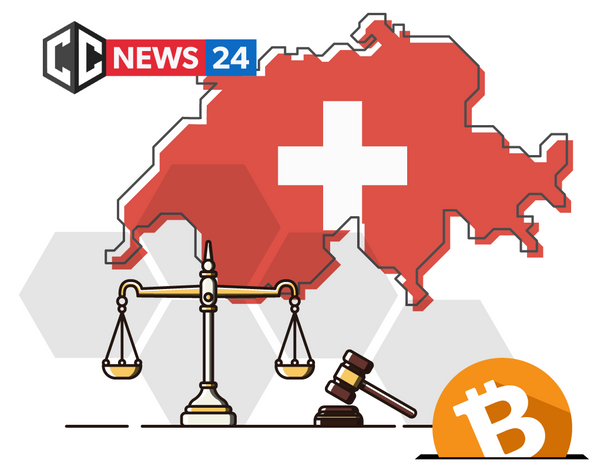Despite having the second-largest cryptocurrency adoption rate in the world (trailing only behind India), Nigerians face hurdle after hurdle as the government holds crypto responsible for their recent real-life currency crisis.
In the days following the sharp depreciation of the Nigerian Naira, Nigerian authorities double down on their stance against cryptocurrencies. Nigeria’s Economic and Financial Crimes Commission (EFCC) ordered Binance to relinquish data of all Nigerians trading on the platform.
The order comes after an earlier unsuccessful attempt to release the data of Nigeria’s “Top 100 Traders” on the Binance platform. The Nigerian government further underpinned its stance when detaining 2 Binance executives (Tigran Gambaryan and Nadeem Anjarwalla) on February 26.
How Did Nigeria Get Here?
In February 2021, the Central Bank of Nigeria (CBN) issued a directive prohibiting banks and financial institutions from facilitating transactions in cryptocurrencies or providing services to cryptocurrency exchanges. This effectively banned banks from dealing in cryptocurrencies.
This initial ban laid the groundwork for subsequent actions taken against cryptocurrency exchanges in Nigeria. It set the stage for increased regulatory scrutiny and interventions aimed at controlling the flow of cryptocurrencies within the country's financial system.
On February 21, 2024, Bayo Onanuga, President Bola Tinubu’s Special Adviser on Information and Strategy, made a public statement advocating for the suspension of Binance and other cryptocurrency operations in Nigeria. He urged regulatory bodies such as the Economic and Financial Crimes Commission (EFCC) and the Central Bank of Nigeria (CBN) to scrutinize these platforms, alleging that they were involved in activities aimed at manipulating the country's local currency.
In a press briefing held after the Monetary Policy Committee (MPC) meeting in Abuja on February 27, 2024, Dr. Olayemi Cardoso, the CBN Governor, revealed that a staggering $26 billion had been moved from unidentified sources in the past year. This disclosure raised concerns about the integrity of financial inflows and outflows in the country.
On February 28, 2024, two foreign executives of Binance were detained by the Office of the National Security Adviser (NSA), Nuhu Ribadu, upon their arrival in Nigeria. The detention, authorized by a court warrant, subjected the American and British-Pakistani executives to a 12-day investigation by the EFCC.
Subsequently, on March 1, 2024, the federal government demanded approximately $10 billion in compensation from Binance for allegedly manipulating foreign exchange rates through currency speculation and rate-fixing. This move underscored the government's determination to hold cryptocurrency platforms accountable for any perceived financial misconduct.
The House of Representatives then summoned Richard Teng, Chief Executive of Binance, on March 4, 2024, over allegations of money laundering, illegal operations, financial terrorism, and tax evasion. However, Teng did not appear before the House Committee on Financial Crimes, citing his custody status.
Amid this escalating pressure, Binance announced its decision to withdraw its services from Nigeria on March 5, 2024. The company advised Nigerian users to liquidate their naira assets or convert them into cryptocurrencies before the cessation of its services in the country. This decision was attributed to the intensified regulatory scrutiny and government measures aimed at stabilizing the national currency.
What’s Next?
Looking ahead, stakeholders await further developments in the currently-unpredictable economic and regulatory situation. Will there be potential revisions to regulatory frameworks governing digital asset trading? How will the crypto community adapt to the evolving regulatory landscape? These questions linger as Nigeria navigates its complex relationship with cryptocurrencies. Stakeholders both within and outside Nigeria will be closely monitoring developments to discern the future of the country's crypto ecosystem.








